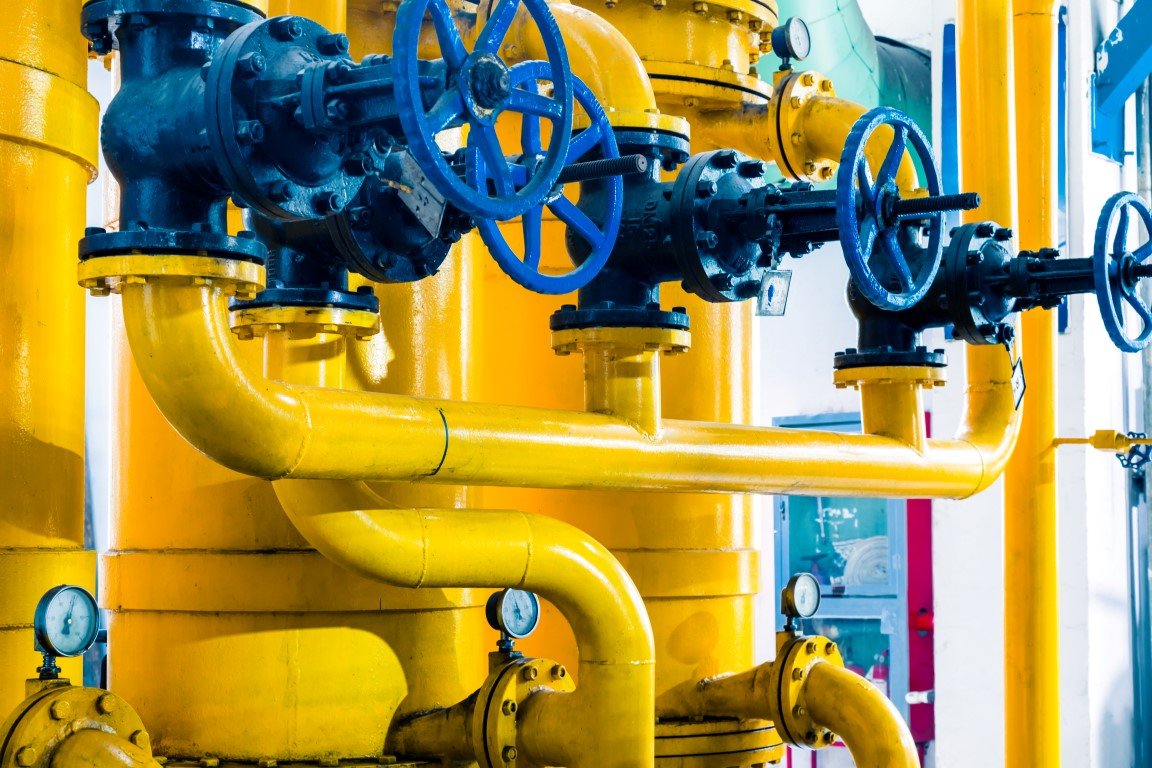Introduction
Industrial steam boilers are used in various industries, including power generation, chemical processing, food production, and manufacturing. These intricate systems are critical for producing the steam required for numerous industrial processes. Understanding the essential components of industrial steam boilers is vital for improving performance and guaranteeing dependable operation. In this blog, we will look at these critical boiler components and highlight the importance of manufacturers like RIBO Industries in providing high-quality, efficient systems.
What are Industrial Steam Boilers?
Industrial steam boilers work by transferring heat energy to water to produce steam. The resulting steam is employed in several processes, including heating, powering turbines, and promoting chemical reactions. These boilers’ efficiency and reliability depend on numerous essential components working together to produce and manage steam successfully.
Critical Components of Industrial Steam Boilers
- Boiler Drum: The boiler drum, or steam drum, is a critical component in water-tube boilers. It serves as a reservoir for water and steam, maintaining the water level and separating steam from water. The drum’s design ensures efficient separation, which is vital for providing high-quality steam and preventing the carryover of water droplets.
- Furnace: Fuel is combusted in the furnace, producing the heat required to convert water into steam. The furnace’s design, which includes its size, shape, and materials, impacts combustion efficiency and heat transfer. A well-designed furnace enables complete combustion, which reduces fuel waste and pollutants.
- Burners: Burners mix fuel with air and ignite the mixture to produce a controlled flame. Industrial steam boilers use various types of burners, such as gas burners, oil burners, and dual-fuel burners. The efficiency and performance of the burner significantly affect the boiler’s overall efficiency. Advanced burners with precise control systems ensure optimal fuel-air mixture and combustion.
- Heat Exchanger: The heat exchanger transfers heat from the combustion gases to the water or steam in the boiler. This component is vital in determining the boiler’s efficiency. Fire-tube and water-tube heat exchangers are standard in industrial steam boilers. Boilers with fire tubes circulate hot gases through tubes encircled by water, whereas boilers with water tubes circulate water through tubes heated by the surrounding combustion gases.
- Economizer: An economiser is a heat recovery device that collects waste heat from flue gases and uses it to heat the feedwater entering the boiler. This technique increases the boiler’s overall efficiency by reducing the fuel used to heat the water. Economisers are critical for maximising energy efficiency and lowering operational expenses.
- Superheater: The superheater is an additional heat exchanger that warms the steam generated in the boiler drum, increasing its temperature and pressure. Superheated steam is utilised in applications that require high energy content and efficiency, such as turbines in power plants. The design and materials used in superheaters are crucial for their ability to endure high temperatures and pressures.
- Deaerator: A deaerator is a device that removes dissolved gases like oxygen and carbon dioxide from feedwater. These gases can potentially corrode and harm the plumbing and boiler systems. The deaerator helps safeguard and prolong the boiler’s life by heating the feedwater and releasing the gases.
- Feedwater Pump: The feedwater pump provides water to the boiler. It must distribute water at the appropriate pressure and flow rate to keep the water level in the boiler drum and ensure continuous steam production. Industrial steam boilers rely on dependable and efficient feedwater pumps to function correctly.
- Control Systems: Advanced control systems help today’s industrial steam boilers monitor and adjust various factors, including fuel-air combination, water level, pressure, and temperature. These systems promote safe and efficient operation by letting operators change settings and react to changes in demand. Additionally, predictive and diagnostic maintenance features of advanced control systems lower maintenance costs and downtime.
- Safety Valves: Safety valves are critical components that safeguard the boiler from overpressure situations. They automatically discharge steam when the pressure exceeds safe limits, preventing explosions and damage. Regular examination and maintenance of safety valves are required to ensure the safe functioning of industrial steam boilers.
Using premium materials and state-of-the-art manufacturing processes, RIBO Industries ensures that each component is durable, efficient, and capable of withstanding the rigorous demands of industrial applications. Industrial steam boiler dependability and safety depend on the highest levels of quality, which is why RIBO complies with international certifications and regulations to guarantee that boilers fulfil the necessary performance and safety requirements. Our commitment to quality is reflected in our continuous improvement cycles, which have made us a valued partner for organisations worldwide.
Conclusion
Industrial steam boilers are complex systems with several components that work together to generate and manage steam successfully. To maximise efficiency and guarantee dependable operation, it is crucial to comprehend the significant parts, including the boiler drum, furnace, burners, heat exchanger, and control systems.
Manufacturers assist industries in meeting operational goals while minimising costs and environmental impact by investing in R&D, assuring quality assurance, and providing comprehensive training and support. As technology advances, the future of industrial steam boilers is promising, with continual improvements leading to even better efficiency, dependability, and sustainability.


Safety Valves in stock